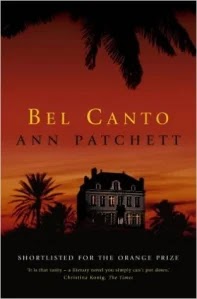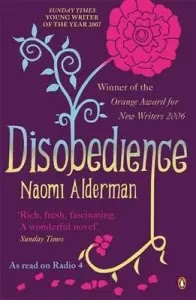Ann Patchett's Bel Canto
Ann Patchett's 'Bel Canto,' winner of the Orange Prize for Fiction in 2002, is set during a birthday party for Japanese businessman Katsumi Hosokawa held at the vice-mansion president's in an unnamed South American country. While renowned American opera singer Roxane Coss is providing entertainment, the property is suddenly stormed by terrorists who had originally planned to kidnap the president. In his absence, however, they end up putting dozens of visitors under house arrest for several months.
I believe that the level of enjoyment derived from reading 'Bel Canto' is almost entirely determined by whether you read it as a realist or as a romantic. This probably applies to a lot of fiction, but especially to a novel like 'Bel Canto,' which combines elegant literary prose with a setting more typically associated with a thriller - the novel is loosely inspired by a four-month siege at the Japanese ambassador's residence in Peru in 1995.
XEM THÊM :
Chắn phỏm là gì ✔️ Cách chơi chắn phỏm hiệu quả
From a realistic standpoint, there are numerous highly improbable scenarios and coincidences to be irritated about here. Mr Hosokawa romantically pursues Roxane despite the fact that they do not speak the same language, and the translator Gen Watanabe and Carmen, one of the terrorists, also fall in love. There is little panic among the hostages, and they do not seriously consider any escape plans. The transcendental power of music eventually unites the terrorists and hostages, and everyone is permanently enchanted by Roxane's singing. Over halfway through, one of Mr Hosokawa's business associates is revealed to be a superb pianist. I could go on and on.
On the other hand, arguing that the plot of 'Bel Canto' should be more restrained or realistic would be a bit of a stretch. Many of the most famous operas (and soap operas) are full of utterly ridiculous plot twists, and Patchett captures this element in a novel that purposefully mirrors their structures and themes. She also manages to defy expectations in other creative ways. Rather than building to an explosive conclusion in the manner of a traditional thriller, the story becomes increasingly languid before its abrupt but unavoidably tragic conclusion.
'Bel Canto,' as one might expect when applying opera conventions to literary fiction, is beautifully told if dramatically flawed, and I can see why it would appeal to some readers but not others. Patchett's latest book, 'Commonwealth,' sounds intriguing, as does her collection of essays, 'This Is The Story of a Happy Marriage,' and I'm curious how 'Bel Canto,' her best-known novel, compares to her other work.
READ ARTICLES:

.jpg)


Comments
Post a Comment